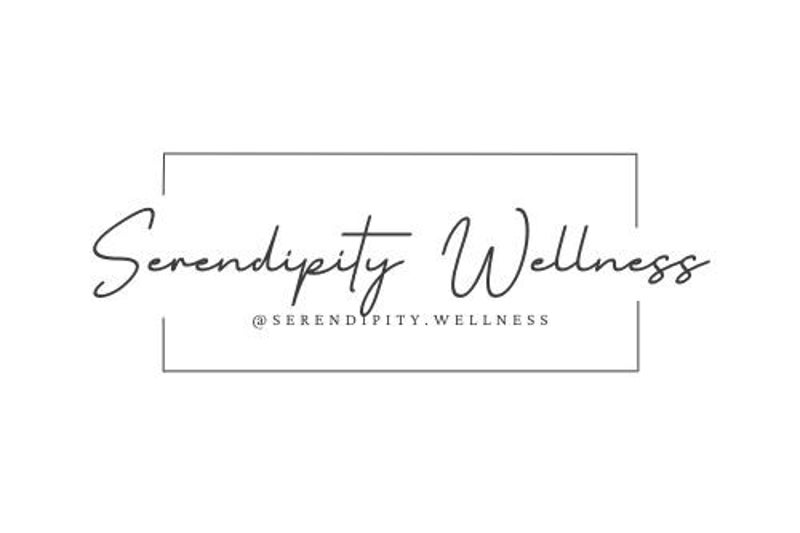Frequently asked questions
Counselling can bring up a lot of questions, and that’s completely normal. Here are some of the questions I’m most often asked. If anything else comes to mind, just reach out, I am always happy to help. You will also have the chance to talk through everything in your first session, so you’ll know exactly what to expect.
What is counselling? Do you tell me how to fix my problems?
Counselling is a talking therapy that provides a safe, confidential space to explore your thoughts, feelings, and experiences. It’s an opportunity to pause, reflect, and make sense of what’s happening in your life, without judgement or pressure.
I work in a person-centred way, which means our sessions are led by you. I won’t tell you what to do or how to fix things, but I’ll support you in understanding yourself more deeply and discovering what feels right for you.
At times, I may also draw on gentle CBT (Cognitive Behavioural Therapy) techniques to help you recognise unhelpful thought patterns and develop more balanced, compassionate ways of coping.
How many sessions should I have?
There is no set number of sessions, as everyone’s needs and goals are different and unique to them. We will work together at your pace and regularly review how things are progressing. My aim is to help you build self-awareness, confidence, and autonomy so you can thrive without ongoing sessions. Some clients choose to have occasional check-ins once they feel ready to finish regular therapy.
How often should I have my sessions?
Weekly sessions are usually recommended to begin with, as they help build consistency and momentum in the therapeutic process. Over time, some clients find that moving to fortnightly sessions feels more beneficial as they grow in confidence and self-understanding. Once therapy feels complete, many people choose to have monthly check-ins to maintain their progress and wellbeing.
What happens if I want to come back to regular counselling sessions? Does it mean I have failed?
Not at all. Choosing to come back to counselling doesn’t mean you’ve “failed”, it actually shows self-awareness and commitment to your well-being. Life circumstances, stress, or new challenges can come up, and it’s normal to need support again. Many people return to therapy at different points in their lives, even after feeling they’ve made progress. For some it can unlock new parts of themselves that they would like to continue to explore at a later date.
Think of it like exercise or learning a skill: sometimes you just need a refresher or extra guidance to keep thriving. Coming back is about continuing to invest in yourself.
Is everything I say confidential?
Absolutely. Everything you say in counselling is confidential. I work according to the BACP Ethical Framework, which sets clear professional standards for confidentiality and ethical practice. Your information is kept private and secure.
There are very limited exceptions, such as if there is a serious risk of harm to you or others, or if I’m legally required to share information. In these rare situations, I would always discuss this with you first wherever possible.
All client data is handled in line with UK data protection law (ICO/GDPR), so your personal information is stored safely and only used for the purposes of your therapy.
Can I talk about anything, even if it feels silly or embarrassing?
Of course. You can bring up anything on your mind, even if it feels embarrassing, awkward, or silly for you. I offer a safe, non-judgmental space where all your thoughts and feelings are welcomed and valued. Often, the things we hesitate to share are the very things that give us the most insight into ourselves and help us make meaningful changes. There is no rush, go at your own pace, and everything you say is treated with care and respect, so you never have to worry about being judged.”
Is it normal to feel worse before I feel better?
It’s completely normal to feel worse before you start feeling better, but don't let that put you off. When you begin counselling, you’re often exploring thoughts, feelings, or experiences that you may have been avoiding or pushing down. This can feel uncomfortable, emotional, overwhelming or even scary at first.
Think of it like cleaning out a cupboard: it usually gets messier before it gets tidy. This process is actually a sign that change is happening, and that you’re working through important issues rather than ignoring them.
Over time, as you process and understand these feelings, you’ll usually start to feel relief, clarity, and greater confidence in handling challenges.
What happens if I bump in to you outside of a session?
If we happen to see each other outside of a session, I’ll always take your lead. To protect your privacy and confidentiality, I will never approach you first or acknowledge that I know you unless you choose to say hello. You’re always welcome to greet me if you feel comfortable, but there’s absolutely no pressure to do so. Your confidentiality and comfort come first.
Any other questions?
Do you have a question that hasn't been answered yet? Don't worry, just send me an email or visit the contact page, and I will be happy to address any thing you wish to know.



Create Your Own Website With Webador